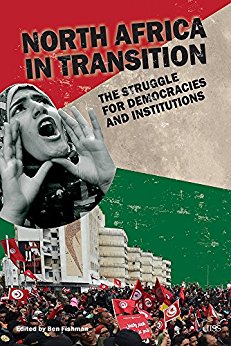Description
The 2011 Arab uprisings began in North Africa and toppled the leaders of Tunisia and Libya, but the forces that wreaked this profound change also touched their fellow Maghreb states of Algeria and Morocco. This Adelphi book examines how the politics, security and economies – which were largely stable for decades prior to 2011 – have changed in the four states. It asks why the popular revolutions in Tunisia and Libya did not spread to Algeria and Morocco; how the revolutionary states have fared since 2011; why Libya descended into a deadly civil war while the others did not; and whether the sitting governments in Algeria and Morocco have applied sustainable strategies to address the new political climate.
The book includes chapters on each of the four core Maghreb states, together with regional assessments of the jihadist threat and economic challenges. It analyses the tension between security and political reform, and argues that without persistent and comprehensive development of government institutions focused on creating jobs and providing security, the region risks future protests, terrorism or even revolution – a lesson that states throughout the Middle East should take to heart.
‘North Africa in Transition provides a timely and valuable examination of a region in turmoil. The book assembles an impressive and diverse range of authors, who assess the major factors that have influenced the politics, security and economies of North Africa since the 2011 revolutions. It makes the important case for why Western governments need to devote more attention and resources to North Africa, and argues effectively that persistent institutional reforms will be the surest means to preserve stability in the years to come.’ Karim Mezran, Resident Senior Fellow at the Atlantic Council’s Rafik Hariri Center for the Middle East
 العربية
العربية  English
English 




